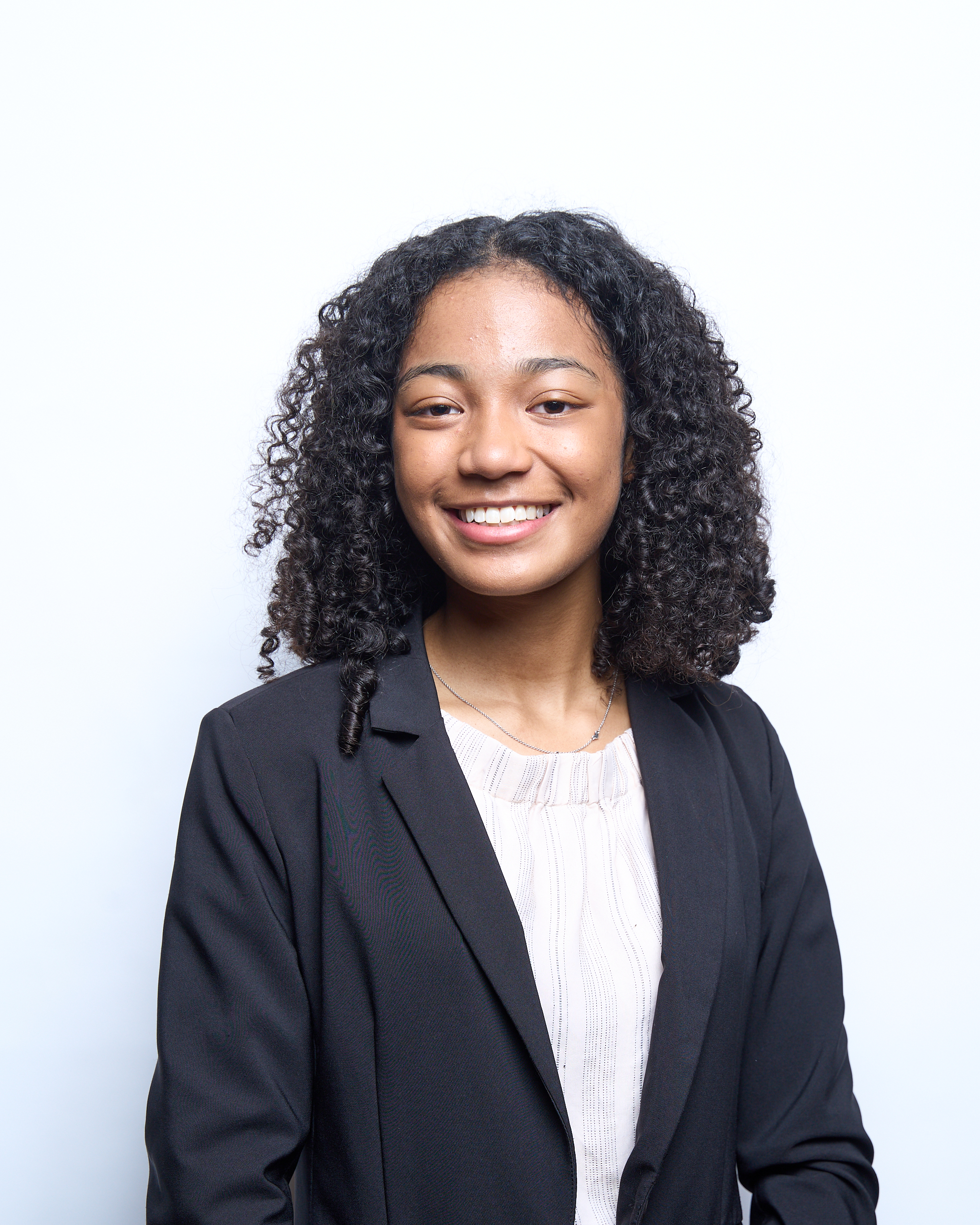

Ever since I could remember, my grandfather and I would chat via Skype on Sundays. Our conversations always started with us updating each other on our past-week’s activities and our thoughts on current events. Then, we would get to the main event; riddles and brainteasers. We would competitively exchange riddles, each of us trying to stump the other while simultaneously being too stubborn to concede to the other’s question. When I was younger, and far more stubborn, I would refuse to admit defeat when I could not solve his riddles, claiming that it was a trick question and there was no right answer. My grandfather simply laughed and would say, “There is never a riddle without an answer” (and then proceed to give me obvious hints until I deduced the correct answer).
My love for those family Sunday riddles and the critical thinking skills I used for those problems slowly bled into other parts of my life. I worked my way through dozens of puzzle books and could never say no to an Escape Room adventure. Growing up in a Jamaican-Filipino household, I would use my limited knowledge of Tagalog to deduce my Christmas gifts as my relatives thought I couldn’t understand their Tagalog conversations. I would read mystery books in class, trying to guess who the killer was before the author revealed it. I began viewing every problem as a puzzle waiting to be solved.
As I entered high school, my love for solving puzzles did not dwindle, but rather intensified as the puzzles and problems I faced became bigger and more complex. I found immense joy in correctly solving math equations and deducing the theories studied in my Chemistry and Physics labs. Along with focusing on my academics, I participated in multiple extracurricular activities throughout high school, ranging from volunteering with STEM nonprofit organizations and multiple honor societies, to leading choral and musical theatre performances, to developing community social justice initiatives. I worked with various social justice organizations (even going as far as cofounding my own racial justice group called Black Lives Matter Pearland) to tackle gender and racial inequality in my school and the community. As a choir officer and avid thespian, solving show shenanigans became second nature. I also participated in photovoltaic research at the Texas Center of Superconductivity to increase energy efficiency and consumer desirability for solar cells.
It is through this constant problem-solving that I have developed my love for engineering, specifically chemical engineering. At the very core of engineering is creating solutions to problems. Because chemical engineering manipulates the tiny molecules that build our lives, its impacts are massive, whether that’s improving water purification methods or creating novelty materials for wearable technology. While my major is based in chemical engineering, I fully intend to incorporate my skills and passion for social justice into my endeavors. One of my dreams is to start an initiative that prioritizes both engineering sustainable innovations and ensuring community accessibility, regardless of race or income. I know it won’t be easy; however, there is never a riddle without an answer. Therefore, with the help of the amazing professors and resources provided at UT and FASP, I will passionately pursue my dream for years to come and honor UT’s motto, “What starts here changes the world”.
Major
Chemical Engineering
Other Academic Interests
Social Entrepreneurship
What drew you to the Forty Acres Scholars Program?
When going through the college admissions process, I found my emotions in constant limbo as I weighed the pros and cons of each school. Every time I found an aspect that I admired, I would find a trait that decreased the favorability of the university in my eyes. UT was no exception to this rule. The vastness and diversity of UT allow me to interact with a menagerie of people, cultures, and perspectives; but it also makes it hard to distinguish yourself and feel a sense of unified community. UT’s amazing location in the growing city of Austin provides a plethora of opportunities, but these opportunities came at steep housing and tuition costs. Fortunately, the Forty Acres Scholars Program (FASP) was able to turn these "but"s into "and"s. The program allows me to experience the large, diverse community of UT AND a small cohort united in our passionate approach to life and willingness to help each other. It allows me to pursue my academic and research passions AND not worry about a financial strain on my family. It allows me to obtain personal mentorships that tighten our relationships with fellow scholars AND network with hundreds of UT alumni to broaden our career horizons. It provides resources and events that allow scholars to fully enjoy our present university life AND consistently prepare us for our future. My respect for the program was further affirmed when I learned about the resources FASP offers and the incredible drive and kindness in all the students I met at Finalist Weekend. I am incredibly appreciative of this opportunity and am excited to utilize FASP’s resources to make my mark on both UT AND the world.